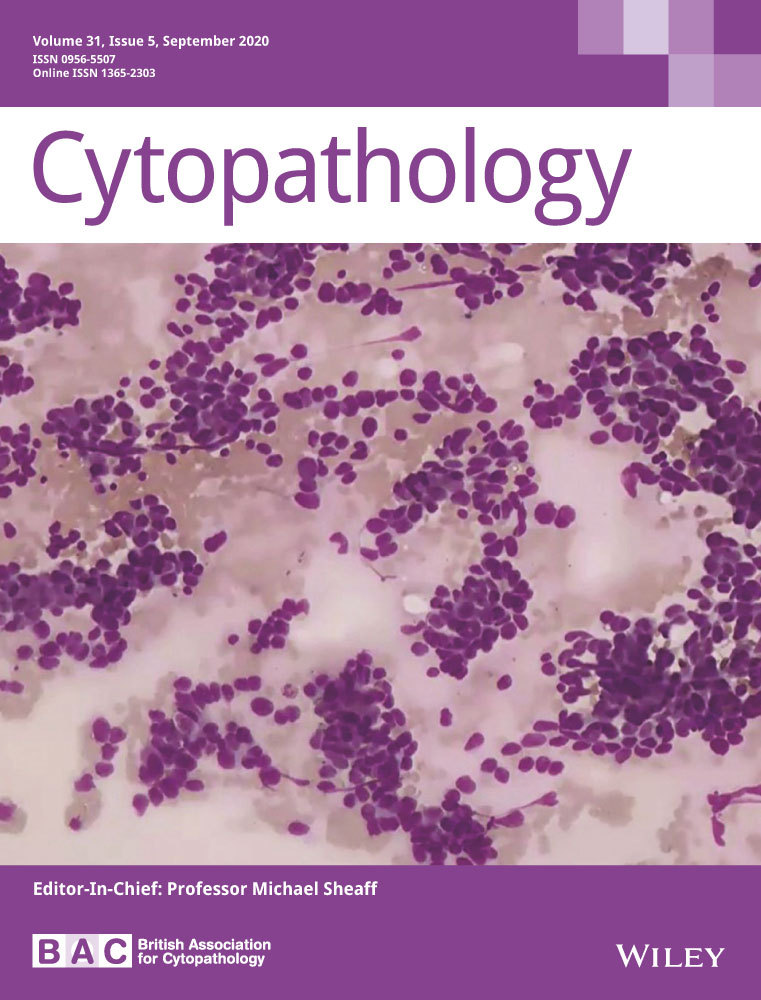The cytopathologist's role in developing and evaluating artificial intelligence in cytopathology practice
Abstract
Artificial intelligence (AI) technologies have the potential to transform cytopathology practice, and it is important for cytopathologists to embrace this and place themselves at the forefront of implementing these technologies in cytopathology. This review illustrates an archetypal AI workflow from project conception to implementation in a diagnostic setting and illustrates the cytopathologist's role and level of involvement at each stage of the process. Cytopathologists need to develop and maintain a basic understanding of AI, drive decisions regarding the development and implementation of AI in cytopathology, participate in the generation of datasets used to train and evaluate AI algorithms, understand how the performance of these algorithms is assessed, participate in the validation of these algorithms (either at a regulatory level or in the laboratory setting), and ensure continuous quality assurance of algorithms deployed in a diagnostic setting. In addition, cytopathologists should ensure that these algorithms are developed, trained, tested and deployed in an ethical manner. Cytopathologists need to become informed consumers of these AI algorithms by understanding their workings and limitations, how their performance is assessed and how to validate and verify their output in clinical practice.
Abstract
Artificial intelligence (AI) technologies have the potential to transform cytopathology practice and it is important for cytopathologists to embrace this and place themselves at the forefront of implementing these technologies in cytopathology. This review illustrates an archetypal AI workflow from project conception to implementation in a diagnostic setting and illustrates the cytopathologist's role and level of involvement at each stage of the process.
CONFLICT OF INTERESTS
The authors have no conflict of interest to declare.




